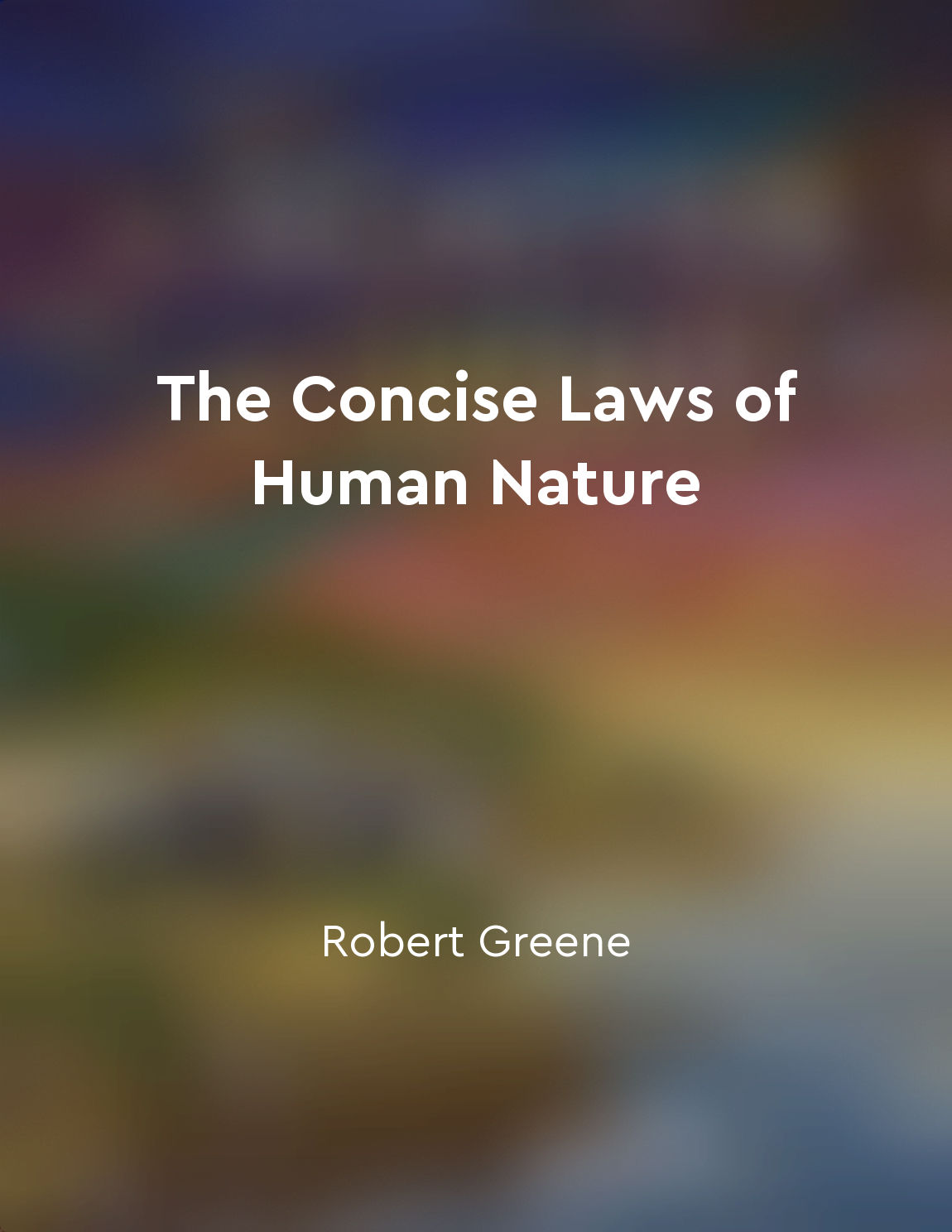Audio available in app
Anticipated regret can steer decisionmaking processes from "summary" of The Psychology of Influence by Joop van der Pligt,Michael Vliek
The concept revolves around the emotional response known as regret, which can significantly influence choices individuals make. When faced with a decision, the possibility of feeling regret about a future outcome often weighs heavily on the mind. This anticipation of regret can serve as a powerful motivator, guiding individuals toward or away from certain actions based on their expected feelings later. People tend to visualize the consequences of their decisions and consider how they might feel if things do not turn out as hoped. This emotional forecasting leads to a preference for options that minimize the potential for regret. For instance, when choosing between two job offers, the fear of regretting a poor choice can lead someone to select the position that offers more security, even if it is less exciting. Anticipated regret is not just about avoiding negative outcomes; it also plays a role in enhancing decision quality. By contemplating possible regrets, individuals engage in deeper deliberation about their options. This reflective process can lead to more informed and thoughtful choices, as they weigh the pros and cons based on potential emotional fallout. Social influences can amplify the experience of anticipated regret. The pressure of conforming to societal expectations or the fear of disappointing others can heighten this emotional response. Consequently, decisions may be swayed not only by personal feelings of regret but also by the perceived judgments of peers. The anticipation of regret acts as a crucial element in decision-making, shaping choices in profound ways. It encourages individuals to consider the long-term implications of their actions while navigating the complexities of their emotional responses.Similar Posts
Focus on longterm results, not short-term wins
When we focus on short-term wins, we are often tempted to make decisions that provide immediate gratification but may not be in...
We have a tendency to procrastinate on important decisions
Procrastination is a universal human tendency that can be particularly destructive when it comes to making important decisions....
Stress can impair cognitive function
Stress is not just a mental state, it also has a significant impact on our cognitive abilities. When we are under stress, our b...
Managing emotions is key to managing stress
The ability to manage emotions effectively is a crucial skill when it comes to dealing with stress in the workplace. When indiv...
Constraints can be beneficial in decisionmaking
Constraints can offer a helpful framework for decision-making. When faced with an overwhelming array of choices, constraints ca...
Acceptance is key to finding peace
In life, there are things we cannot change, no matter how much we may wish otherwise. We find ourselves faced with situations t...
Price discrimination can benefit firms
Price discrimination refers to the practice of charging different prices to different customers for the same product or service...
Food can be a source of comfort in times of need
In times of need, food can be a reliable source of comfort. It has a unique way of soothing our worries and providing a sense o...
Awareness of biases can improve financial decisions
When it comes to making financial decisions, our minds can play tricks on us. We are often influenced by biases that lead us as...

Social status plays a significant role in determining how we perceive others
Social status is a crucial factor in shaping our perceptions of others. People tend to judge and evaluate individuals based on ...
